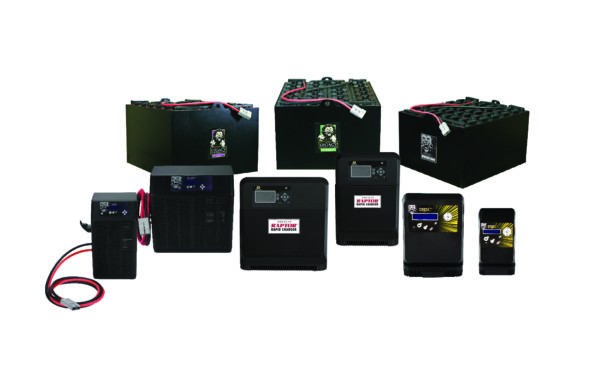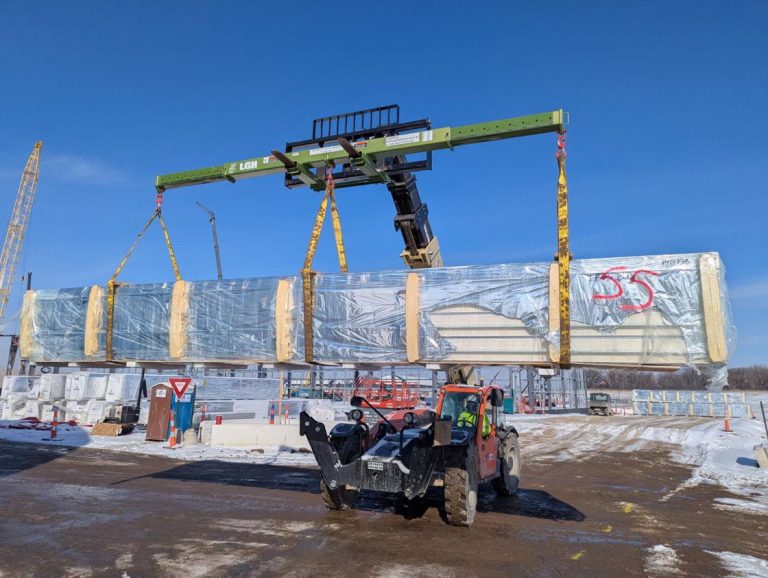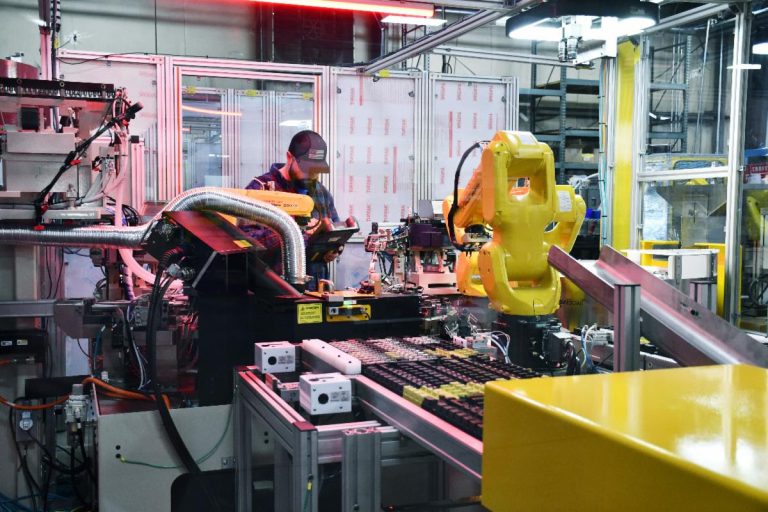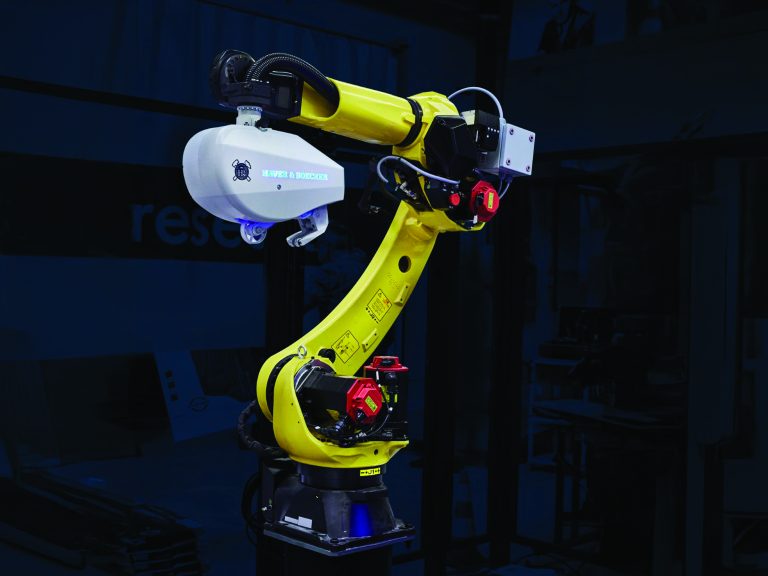Douglas Battery™, a manufacturer of batteries and chargers for material handling applications, will feature its full portfolio of power solutions for warehouses and distribution centers in booth no. 3819 at MODEX® 2020, which takes place from March 9 to 12 at Atlanta’s Georgia World Congress Center in Atlanta, Georgia. Attendees will have the opportunity to review the company’s state-of-the-art products, specifically designed to meet the high-power demands of material handling equipment.

“Whether running one lift truck or an entire fleet, a single-shift operation or multiple shifts, we have the right battery and charger solution for any operation,” said Steve Satek, Douglas Battery Director of Sales. “We’re pleased to be part of this growing exhibition and look forward to reconnecting with industry professionals.”
Douglas Battery will display a collection of its Legacy® batteries at this year’s MODEX show, including the company’s high performance and low maintenance power solutions. Legacy® batteries deliver excellent conductivity, are corrosion-resistant and include a sleeved positive plate separator to eliminate shorts and potential misalignments.
Douglas Battery will also display its charger portfolio in booth no. 3819. The LegaC2™ modular charger, featuring one of the industry’s most compact and efficient designs, is suitable for a wide range of battery capacities, opening up the possibility of fewer chargers required for a fleet. Additionally, the high-frequency, high-speed and fully automatic Raptor™ rapid charger will be on display. The Raptor™ rapid charger is engineered with the latest digital power control technology to safely fast charge batteries anytime during the shift-day.
Track daily usage, charge return, temperature, water level and equalization with the Douglas DataTrac™ battery monitoring device. The device is installed onto the battery to capture real-time information and records minute-by-minute data that can be tracked using the Douglas DataTrac™ Reporting Suite. Data capture allows battery fleets to be managed more effectively in order to improve productivity, cut operating costs and save time.











